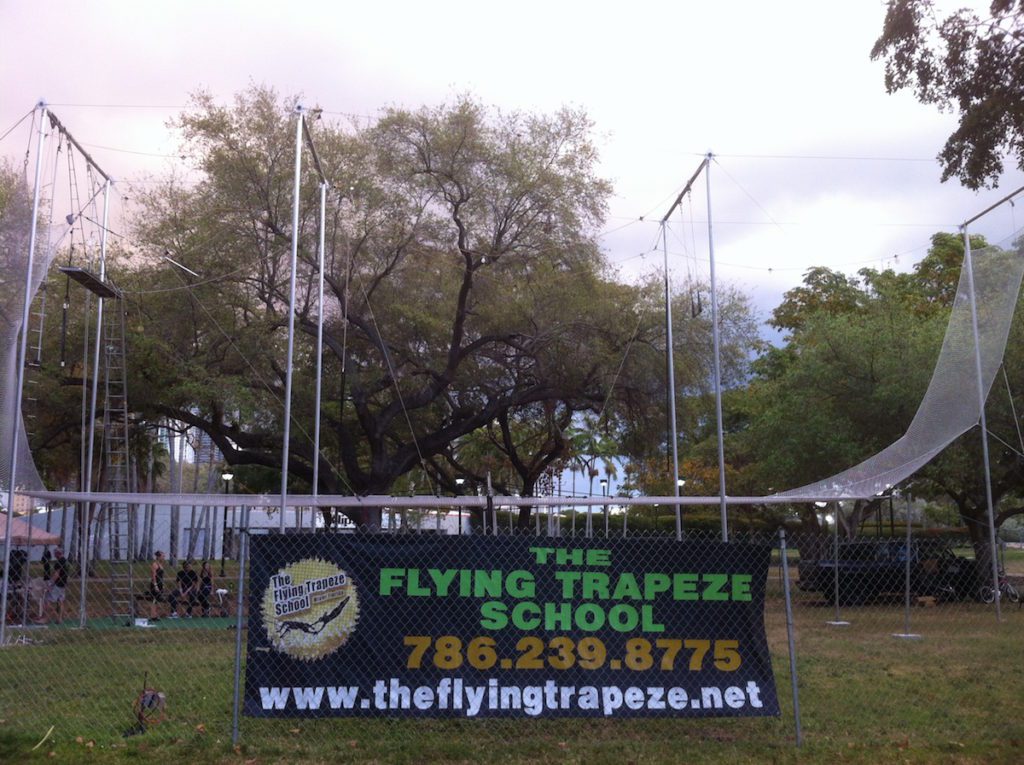[tweetmeme] In my day-to-day work I conduct a lot of interviews with the customers and potential customers of organizations that sell education and training. You know, trade and professional associations, training firms, etc. The usual aim of these interviews is to gain insight into how and whether the organization might broaden its reach online. Inevitably, at some point in an interview, a large percentage of the interviewees will say something along the lines of “Well, learning online is fine, but it can’t beat the networking you get face-to-face at a conference.”
And I always think to myself, really?
At the bottom of my question is some skepticism about (a) how good the average person really is at networking for learning in a live conference environment, and (b) whether the quality of that networking is really better than the (often unconscious) networking that most people – at least among the sorts that are likely to attend conferences – already do online.
Here are some of my theories:
- Most people meet a relatively small number of new people at any given conference or other face-to-face event, and many of the conversations with those people are confined to polite chatter like “So, have you been to this conference before?”
- Related to the first point, most people tend to connect or re-connect with people they already know, and in many cases, are in touch with relatively frequently. Sometimes these people have new knowledge to impart. Often they don’t, or to the extent they do, it remains hidden.
- Increasingly, a great deal of the valuable networking that goes on around a conference is actually happening online or on our mobile phones – through e-mail, through Twitter, on Facebook, in blog comments and posts. As I have written elsewhere, people don’t tend to think of this as online learning, or even learning in general, but it is. Arguably, the place-based event is a catalyst for it, but much of the value generated is not really dependent upon face-to-face interaction.
Now, none of this is to say that there is not value in face-to-face events and the networking that comes with them. Some people view them as essential for removing distractions and focusing, for example. I agree with that, up to a point, but certainly conference fees and travel costs can be a high price to pay for artificially imposed self-discipline.
Additionally, connecting with friends, colleagues, and the occasional new acquaintance helps to form and cement emotional bonds that are vital to a productive, happy professional and personal life. Admittedly, these bonds are sometimes (though certainly not always) the foundation for effective networking online. But I suspect they are just that in many cases – a foundation – and that increasingly a lot of the actual networking and value generation, from a learning standpoint, is happening online.
“Can’t beat the networking you get face-to-face” – at least to the extent that the objective of the networking is developing new knowledge – is overrated.
Well, that’s my perspective at least. What’s your?
Jeff





Pingback: associationjam.org
Celisa – Excellent point about need. So often conferences are more of an interruption in the flow of my learning needs than a natural part of it. Makes me wonder if some enterprising org couldn’t take the approach of pulling the trigger on a conference when some sort of “critical mass” of learning need is hit in the field – e.g., when some big regulatory change occurs, etc. Of course, that would probably be best done online! – Jeff
I know I’m not very good at networking at conferences. Partly that can be ascribed to the fact that I’m an introvert and don’t necessarily thrive on a high quantity of interactions in short time (the traditional conference recipe). But I think another part is that learning tends to happen best (better?) when there’s a real need. Online networking allows you to post a question when it arises during your daily life and work. Conferences are scheduled without your input and may or may not coincide with a real need you have for learning something. Thanks for the post, Jeff–it did get me thinking.
Diana – Thanks so much for commenting. I envy you and your old farmhouse and I particularly like the May Day analogy!
Ellen – Always great to have your insights and questions. (And it is high on my list to get over to your blog to comment on some your great recent posts!)
RE: the value in conferences – I think there is value in the networking (though I’ve probably understated that), I’m just not sure it is the source of educational value that people think it is. Sharing experiences and creating culture are, in themselves, a type of learning, in my opinion – and it may be that when people talk about the importance of networking at conferences, that’s what they really have in mind (though likely only in a vague way).
I think that point perhaps connects in to your second question – or at least gives an additional spin to it. Not only do organizations reach only a fraction of their members with their face-to-face educational programs, they only reach a fraction of them with the shared culture/experience aspect of conferences – which I think is an even bigger issue. In most instances, shared culture/experience is likely a more viable ground on which orgs can distinguish themselves competitively than education, but if they are leaving a large part of their membership out of that…
We’re already seeing it to some extent, but I suspect that more and more organizations will see conferences as a catalyst for connecting more of the membership base into the culture/experience online. And I am betting that education will end up being a key “social object” in building the bridge between the two.
Jeff
Jeff — Thanks for posting this! I’ve networked much more widely online than I ever have from face-to-face conference events. I agree that conferences are more about re-connecting than making new contacts.
But if it’s primarily about the networking, why not just pay the hotel and airfare, skip the conference, and schedule to meet your peeps at after the day’s events at a restaurant or pub or cafe? Or — if I really have a need to see that person, why not just arrange to see them on their turf? You could save the conference registration fee and probably stay someplace for a lower hotel rate, and for fewer nights.
So a few questions arise from your post, Jeff:
1. Where’s the real value in those conferences, if not the networking? Maybe there’s some value to the educational sessions, but those do not usually result in transferable knowledge or skills. (I suppose if certification 0r recertification is tied to attendance, then that’s a motivator for attending, if not learning.)
2. Is it worth spending all that time and energy on a conference that will reach a fraction of your membership, when there are so many more members and potential members who will not be attending? Is that the best use of the association’s resources?
Why not have just the trade show so vendors can network and members can see an array of ideas or possible solutions to their issues?
I couldn’t agree with you more, Jeff. For the past three years I have been working out of an old farmhouse (converted into an office) in the middle of corn fields and a world away from the face-to-face networking that used to be part of my daily routine. Online networking has been my saving grace. It has opened up new areas of interest and dialogue with people from many walks of life. I love how getting online each day is like a May Day celebration – colorful ribbons of conversations, information, newsfeeds, etc. woven together. It is such a privilege to learn from so many sources and contribute pieces of my own along the way.